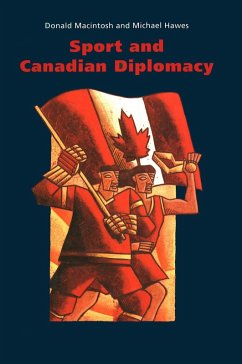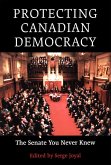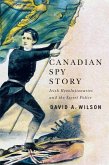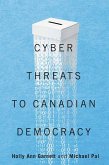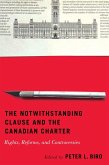The authors examine the key events of the Department's involvement: Prime Minister Trudeau's quarrel with the International Olympic Committee (IOC) over the conditions under which Taiwan could compete in the 1976 Montreal Olympics; the Canadian government's successful efforts to avoid a boycott of the 1978 Edmonton Commonwealth Games by black African nations; government acquiescence to demands from the United States that Canada support its boycott of the 1980 Moscow Olympics; government use of sport in the 1980s to maintain a leadership role within the Commonwealth in the fight against apartheid in South Africa; and government motives in announcing in October 1987 that sport would be used more frequently to further wider foreign policy objectives. The authors also consider the consequences of the federal government's February 1992 decision to close the international sports relations section in External Affairs and subsume its functions under the corresponding unit in Fitness and Amateur Sport. Grounding this study in transnational relations theory, the authors argue that sport and international relations can no longer be understood only in terms of traditional, "e;realist"e; theories of international politics. Placing recent developments in sport in the context of broader trends in international politics, they offer observations and speculations about the future role of international sport and, in particular, the IOC in the new world of interdependence.
Dieser Download kann aus rechtlichen Gründen nur mit Rechnungsadresse in A, B, BG, CY, CZ, D, DK, EW, E, FIN, F, GR, HR, H, IRL, I, LT, L, LR, M, NL, PL, P, R, S, SLO, SK ausgeliefert werden.

